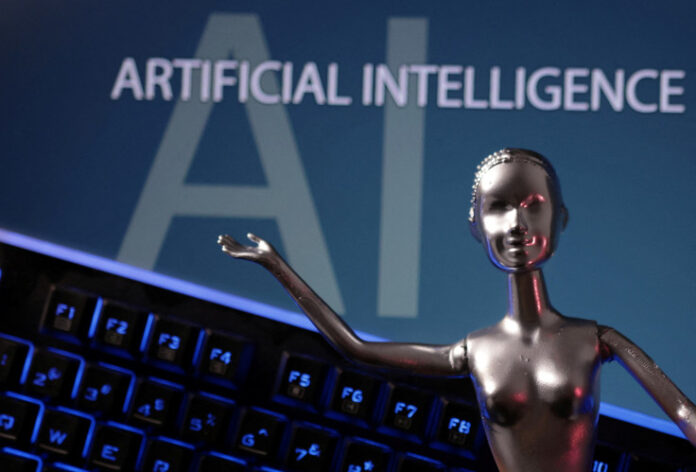South Korea is gearing up to host the second global AI safety summit on May 21-22, following in the footsteps of Britain’s inaugural event at Bletchley Park. This significant gathering comes at a pivotal moment in the evolution of artificial intelligence (AI) technology, as nations around the world grapple with the complexities of regulation and oversight in this rapidly advancing field.
The upcoming summit aims to build upon the foundations laid by the “Bletchley Declaration,” a landmark agreement forged by numerous countries, including the United States and China. This declaration underscores the importance of international cooperation in addressing the potential risks associated with AI and establishing common frameworks for its responsible development and deployment.
Context: The Rise of AI Safety Concerns
The emergence of AI technologies, epitomized by innovations like ChatGPT, has elicited both admiration and apprehension from experts and the public alike. Visionaries like Geoffrey Hinton have sounded alarm bells, drawing parallels between the urgency of AI safety concerns and the global challenge of climate change. Figures such as Elon Musk have advocated for a cautious approach, calling for pauses in AI development to ensure ethical and safe implementation.
In response to these concerns, Britain hosted the inaugural AI Safety Summit in November of the preceding year. This groundbreaking event convened a diverse array of stakeholders, including government officials, industry leaders, and academic experts, to deliberate on strategies for responsibly navigating the AI landscape. The summit culminated in the adoption of the Bletchley Declaration, signifying a collective commitment to collaboration and regulatory harmonization in the realm of AI safety.
Looking Ahead: South Korea Takes the Baton
As the torch passes from Britain to South Korea, anticipation mounts for the forthcoming summit. Lee Jong-Ho, representing South Korea’s Ministry of Science and Information and Communication Technology, expressed optimism about the opportunity to build upon the progress achieved at Bletchley. He emphasized the imperative of establishing global norms and governance structures to guide the trajectory of AI development, with a focus on maximizing societal welfare.
Against the backdrop of rapid technological advancement, the need for proactive measures to mitigate AI-related risks has never been more pressing. The forthcoming summit in South Korea represents a critical juncture for stakeholders to collaborate, share insights, and chart a course toward a future where AI serves as a force for positive transformation.
Conclusion
As South Korea prepares to host the second global AI safety summit, the world watches with keen interest. The convergence of global leaders, industry pioneers, and academic luminaries underscores the collective recognition of the importance of AI safety. By fostering dialogue and cooperation, these summits pave the way for a future where AI technologies are harnessed responsibly, contributing to the advancement of humanity while safeguarding against potential risks.


